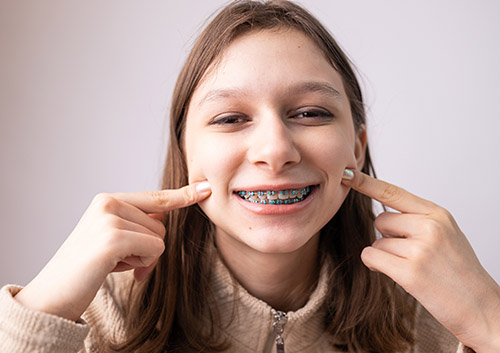My child has autism. What should we expect at your office?
October 17th, 2025

At Tosto Family Dentistry, we know that as many as one in 88 children today have some form of autism, a complex brain disorder that affects a child's ability to communicate or form relationships, and makes a child appear distant, aloof, or detached from other people or surroundings. Autism varies widely in symptoms and severity, and some people have coexisting conditions such as intellectual disability or even epilepsy.
That is why Dr. Jason P. Tosto and our team are specially trained to provide dental care to the entire special needs community, including autistic children. We know that a visit to the dentist with an autistic child can be difficult. In addition to the common fears associated with strangers, there are also unfamiliar sounds, sensations, bright lights, and tastes with which your child may not be comfortable. We work with parents to make sure visiting the dentist is not so traumatic for our autistic patients.
Dr. Jason P. Tosto and our team also know that patients with autism may be more interested in equipment and instruments than in us. We show our patients every piece of equipment we are going to use in a way that they can understand. We also allow a patient to sit in a parent's lap in the open bay if he or she is not feeling at ease. We want your child to enjoy getting to know us and to be comfortable while under our care.
A pleasant, comfortable visit at our Hellertown, PA office builds trust and helps put your child at ease for future appointments. Before a visit, we ask parents or guardians to bring their child's favorite toy, comfort item, music, or other coping device their child requires. We have a caring and compassionate team and know how to help autistic children acclimate themselves to a dental environment. We may not get everything done at the first visit, but we are able to schedule several appointments so that your child can get used to our office, the dentist, instruments, and our staff.
Children, especially those afflicted with autism, are not born with a fear of the dentist, but they can fear the unknown. Our team at Tosto Family Dentistry genuinely cares for our patients beyond their teeth, and are more than happy to discuss any concerns you may have, as well as answer questions about your child's ongoing dental treatment. Please give us a call to learn more or schedule an appointment with Dr. Jason P. Tosto.



